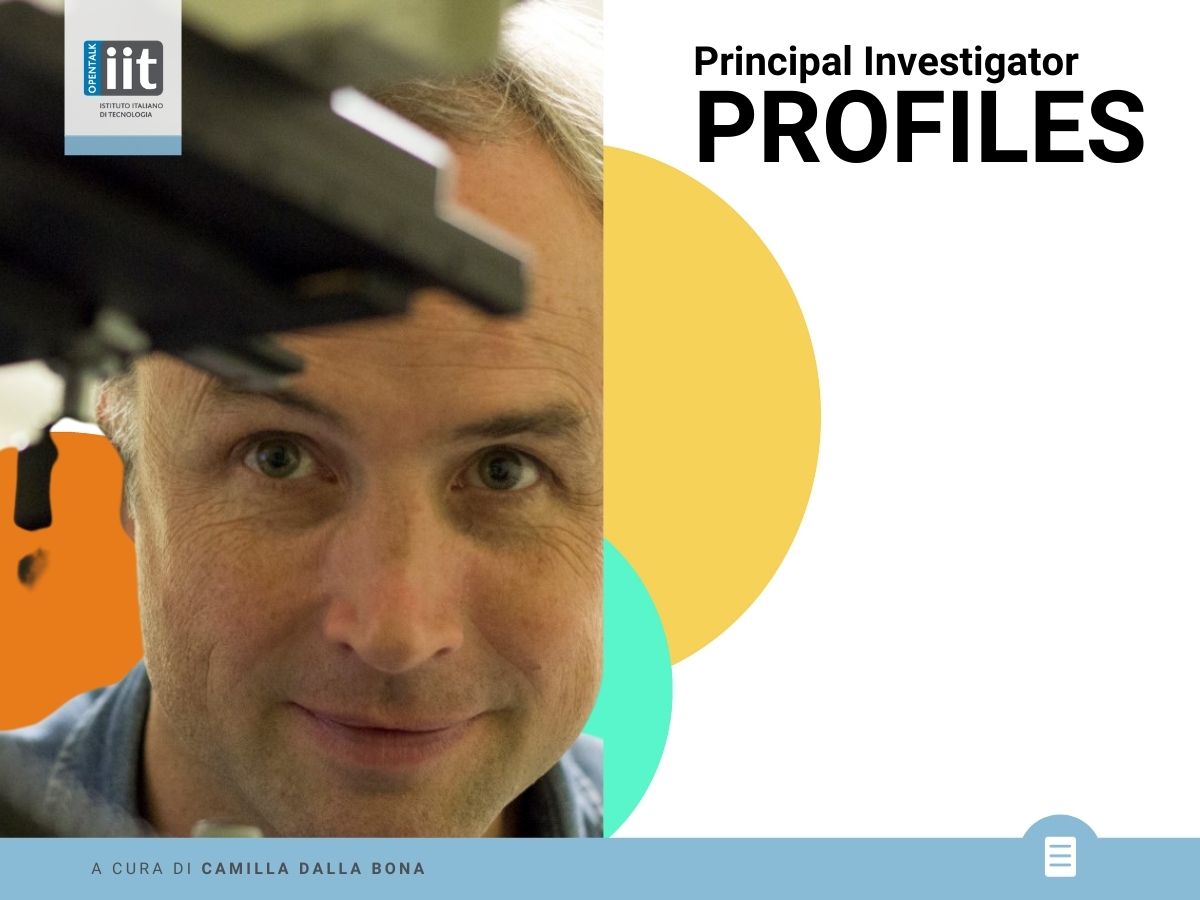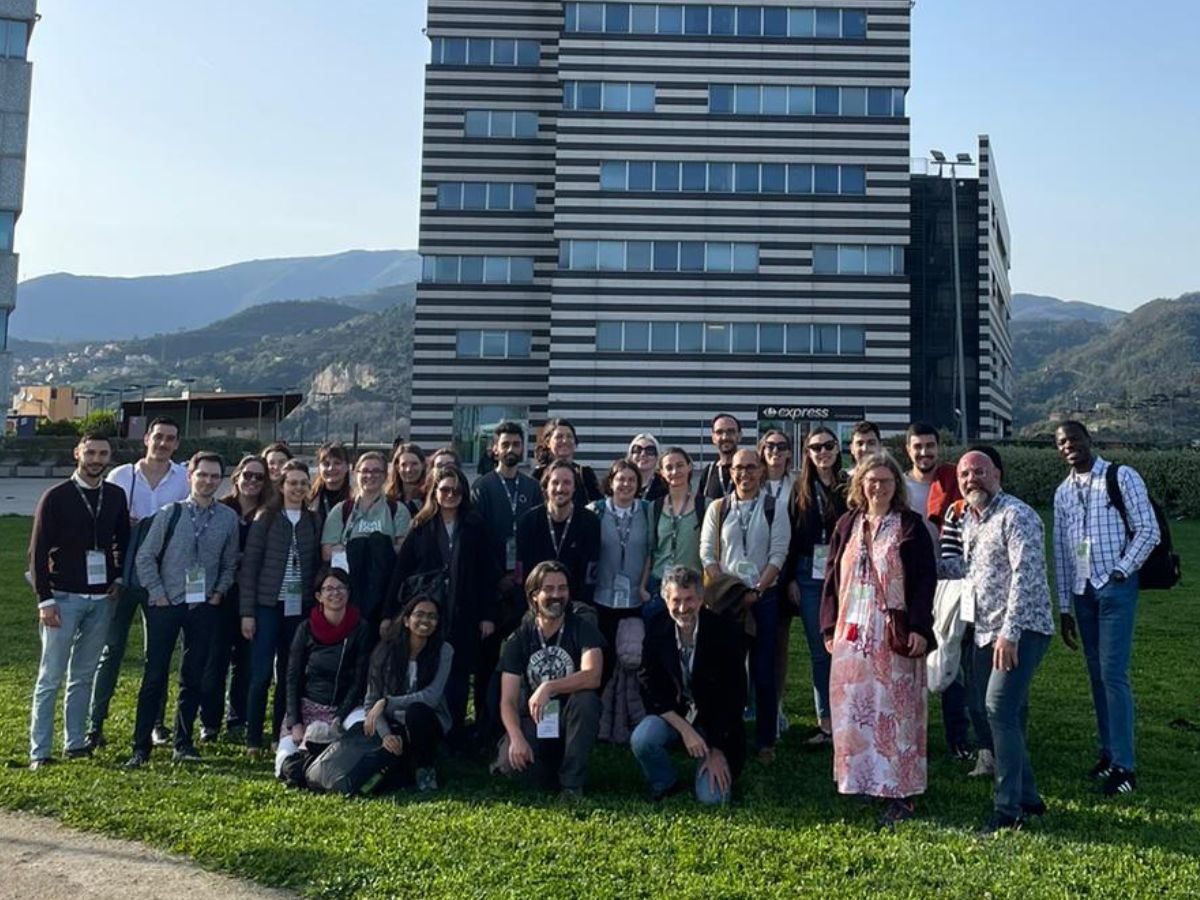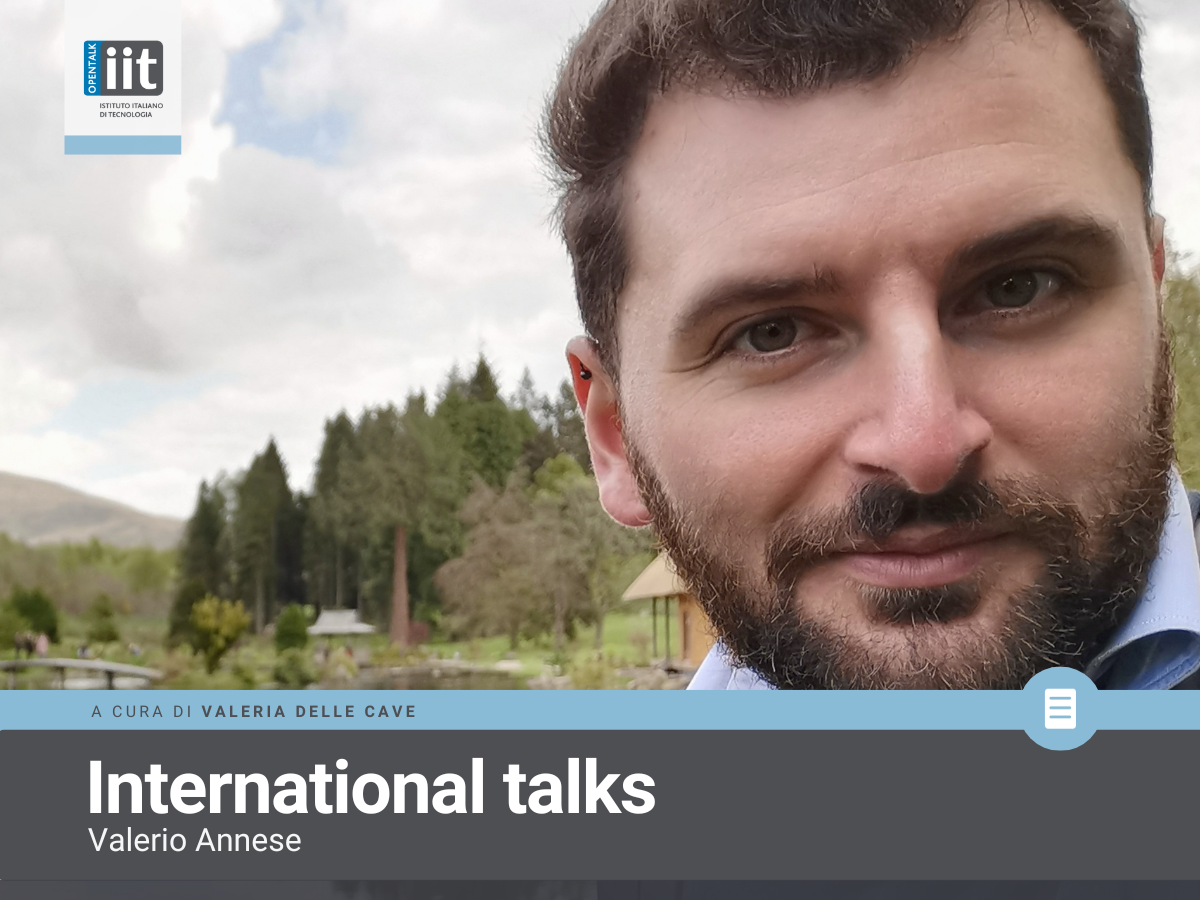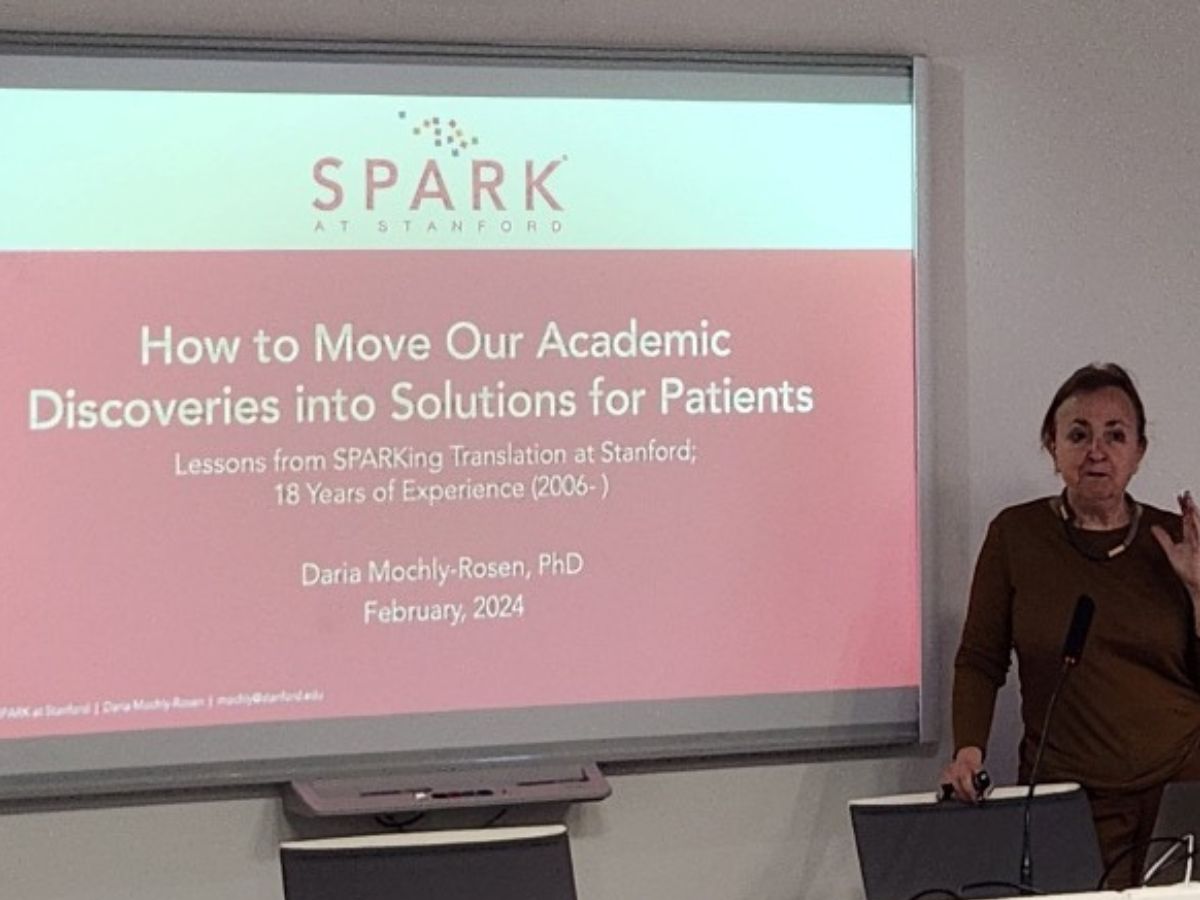Interview with Roman Krahne, coordinator of the IIT “Optoelectronics” research line
Name: RomanSurname: KrahnePlace of birth: Hamburg (Germany)Role: PI, OptoelectronicsWhat does your research team do?We look at the optical and electrical properties of novel nanomaterials and nanostructures, and design proof of concept device applications based on them, such as photodetectors, light emitting diodes, lasers etc..When you were younger, was this the job you had in mind?I don’t know, maybe, in an unconscious way. What I like about my work is that it has many aspects and a great degree of freedom. I work in the lab, teach, write papers and project proposals, manage a group, going to meetings and conferences…, that is a very good mix. I could not do the same thing all the time.If this wasn’t your current job, what would you have liked to do?I like travelling, sports and organizing activities. Exploring concepts for alternative tourism would be a very nice job. Trying out tours, locations, activities. Sometimes I deviate to this when I organize project meetings or conferences, or by managing the IIT volleyball team.That time you would have wanted to drop everything and do something else:As a PhD student and postdoc frustration can be very high, because you aim at a single project and things usually do not work and you have to bang your head several times against the wall to make it crumble. It gets better afterwards because when you lead a team, there are more activities and thus also more chances for success.“Publish or perish”. How does the pressure to publish influence your days and your professional choices?Publishing the results that we get is a part of the research. Who would remember what we did if we wouldn’t publish what we found out? Drafting paper stories also helps to design and plan research. As such, there is not pressure to publish, it is simply part of my work. And writing or contributing to good papers with which I can identify myself brings a great deal of satisfaction.When did you realise you were going in the right direction?When I started to coordinate the COMPASS project.What is your next goal?To lead a successful team in which everyone feels comfortable and motivated. And to boost the careers of the people who work or have worked with me.What is the toughest aspect of your job?Dealing with group members that do not perform well. What went wrong there? The selection? The guidance? The motivation? And what is the best way out? This is never easy to find out and to decide.Senior researchers necessarily have to deal with many bureaucratic aspects. Apparently, this aspect does not fit well with the research activity. How is that for you?I hate bureaucratic work and am really bad at it. Luckily there is support for me on which I can rely and I can motivate these people with my gratefulness.Who would have to invest more in research compared to what it is done today?I think at IIT we are financed quite well, for the Italian universities this might be different. The magic is mostly in the unforeseen, and therefore I think basic, or “blue-sky” research is very important, and in many cases this leads to the most important inventions. Some part of research should be independent from immediate technological or economic interests, and thus government and EU funding is very important.Do people talk about science outside the labs and the academic world?Yes, sure, I encounter many people that are interested and curious about what I do. Explaining it is the difficult part.Who gave you the most important advice during your journey?There was no direct advice, but I remember and appreciate some comments, statements, or ways to deal with research that I have heard or witnessed. Some examples: My PhD supervisor was asked what question he would make to god about how things work, and he said none, he wants to find out himself.And a more senior colleague once said in a discussion that half a year is nothing in science: that helps both to relax, and to address issues in time. Then, many of my mentors considered not only science, but also other aspects of life. I think that is very important. And everything will be fine.What would you say to the younger you finishing his PhD?Advice from the future? Does that work? Would my younger me listen?Is working in different countries essential for a researcher?Yes, absolutely. Researchers need a broad horizon and living in different (research) cultures is essential for that. Being coordinator of an EC project on scientific exchange between institutions in Europe and the US was one of the most rewarding activities that I did in my career.You can improve one aspect of research in general. Which one would you choose?Research is about creativity and encounters. Thus, I would improve the environment in which the scientists spend their days to be more stimulating. Many research structures are very functional to find a polite way of saying that buildings, offices etc are actually quite boring or even horrible. The best ideas for research and encounters for collaborations come in a relaxed social environment, and these spaces need to be created. Companies and some institutes abroad are already much ahead in this respect, and make nice coffee rooms, green areas outside, and spaces for leisure activities where the staff can meet and chat. Of course, also the labs need to provide the necessary space and adequate environment for the experiments to work.





